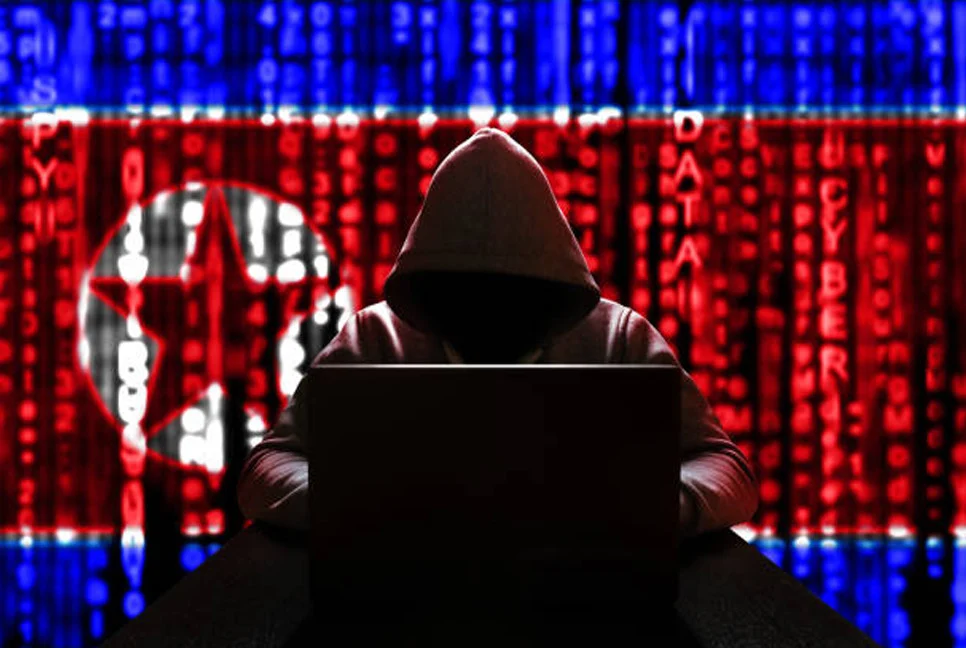James Elliott, a security researcher, explained that North Korean operatives have successfully infiltrated hundreds of organizations globally. They use fabricated identities and U.S.-based facilitators to manage company-issued devices and circumvent financial restrictions. These hackers often work collectively, with various groups using different methods but sharing a common goal: cryptocurrency theft.
One such group, dubbed “Ruby Sleet,” targeted aerospace and defense firms, stealing sensitive industry information to aid North Korea’s weaponry and navigation systems. Another group, “Sapphire Sleet,” posed as recruiters or venture capitalists, tricking victims into downloading malware under the guise of fixing virtual meeting issues or completing skills assessments. These campaigns have yielded millions in stolen cryptocurrency in just a few months.
Perhaps the most concerning strategy involves North Korean IT workers securing remote jobs with major companies. Capitalizing on the rise of remote work during the pandemic, these operatives create convincing fake profiles using tools like LinkedIn and GitHub, supported by AI-generated photos and voice-altering technologies. Once hired, they receive company laptops at U.S.-based addresses managed by facilitators. These facilitators install remote access software, allowing North Korean spies to operate without revealing their true locations.
Microsoft researchers uncovered critical details of these operations through a mistakenly public repository containing documents outlining the hackers’ strategies, including fake identities and earnings records. Despite their sophistication, the hackers occasionally reveal themselves through errors, such as inconsistencies in their claimed identities or linguistic slip-ups.
In response, the U.S. government has imposed sanctions on North Korean-linked entities and issued warnings about the use of deepfake technology to secure employment. Prosecutors have also charged individuals involved in managing the laptop farms used to bypass sanctions.
However, researchers stress that companies must improve their vetting processes to avoid hiring these operatives. Elliott warned, “They’re not going away. This threat is here to stay.”
As North Korea continues to refine its cyber tactics, organizations must remain vigilant against these persistent and sophisticated threats.

